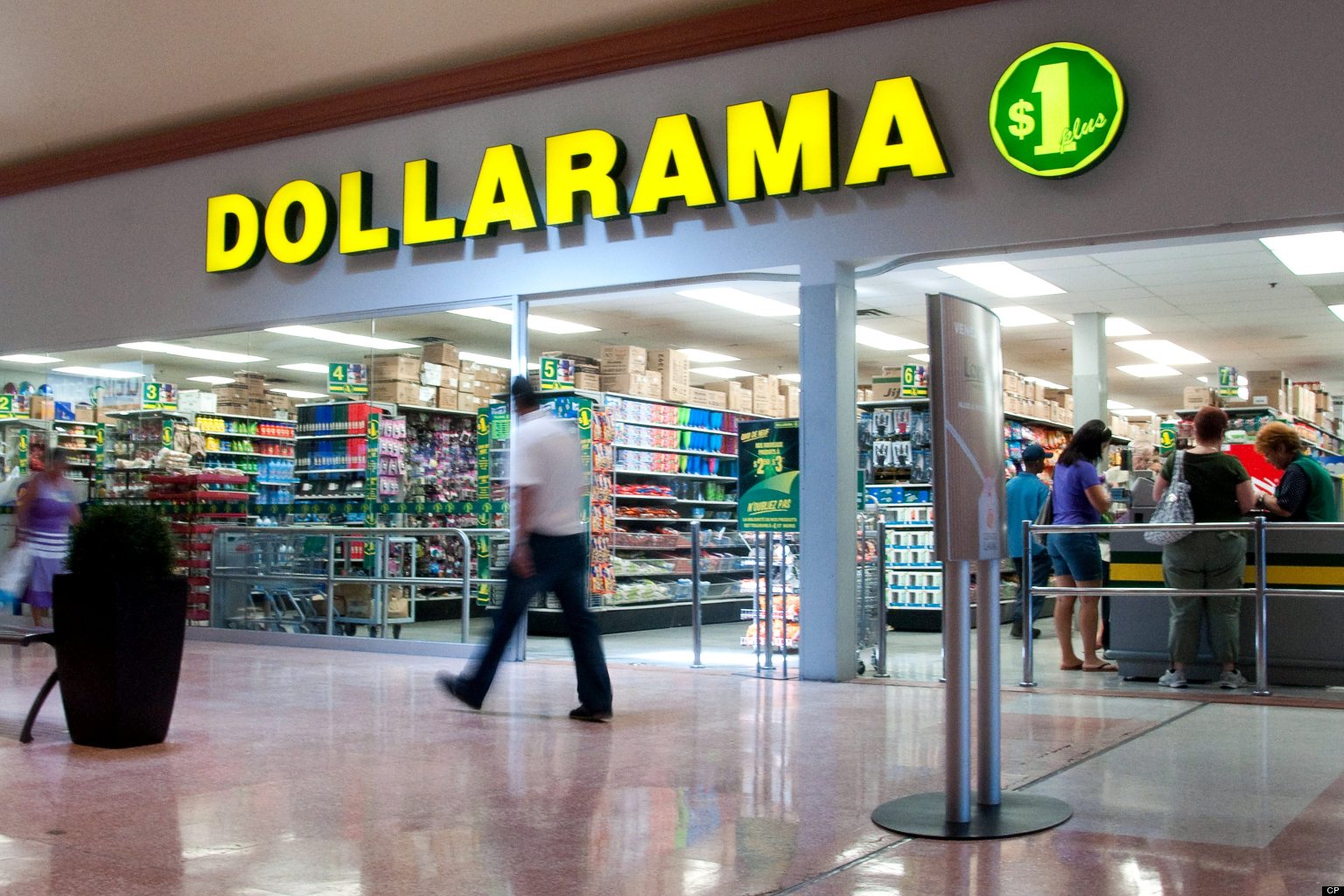Emerging Markets Radar (December 12, 2011)
Russia Update – United Russia?
United Russia (UR), Vladimir Putin’s political party performed poorly in Russia’s parliamentary elections held on December 4. According to official election results released on Friday, UR retained only 238 seats (down from 315 seats) in the 450-member Duma. It could have been worse for Putin’s party. Exit polls predicted an even wider defeat for UR than what was represented in the official results—sparking allegations of fraud and rallies in Moscow. Thousands of people have signed up on social networks and are expected to gather tomorrow in the city center. Their demands include a return to four-year presidential terms, which Duma increased to six years following Putin’s successive terms ending in 2008.
The outcome of the elections places into doubt Putin’s all-but-assured return to presidency. Any resemblance of democracy was trampled when Putin declared that he planned four years ago to swap seats with President Medvedev in 2012. This did not sit well, particularly among young Russians who were raised with the hope of a new, democratic Russia.
Even if demands of the protesters will be met and votes are recounted, progressives are unlikely to gain much ground, as the alleged fraud only limited gains by Just Party, which stands for social justice toward pensioners and communists. Hopes that after the elections the new president and his Cabinet would make a concerted push for reform now give way to a potential shift toward more populist policies.
Perhaps even more telling is the fact that budget subsidies compared to population failed to produce votes this time around compared to the 2007 election. However, it’s not that money no longer has the power to drive an outcome of the election in Russia since the chart below only captures budget subsidies but not the private capital that is funding the campaigns.
In July 1996, Boris Yeltsin gained only 35% of the first round vote but was re-elected as president with financial support from influential business oligarchs who owed their wealth to their connections with Yeltsin's administration. This time around some oligarchs have chosen to funnel money overseas rather than sponsor Putin’s UR party, judging by capital outflow from Russia this year.

Strengths
- China’s CPI in November was 4.2 percent year-over-year, lower than the 4.5 percent market consensus. November CPI was 0.2 percent lower than October’s reading, meaning that consumer prices were actually down month-over-month. November’s PPI was also down to 2.7 percent year-over-year compared to a market estimate of 3.4 percent.
- China’s retail sales increased 17.3 percent in November on a year-over-year basis, higher than the estimate of 16.8 percent, showing consumption in China is still growing.
- Malaysia’s exports climbed 15.8 percent year-over-year in October, more than twice the 7.3 percent gain estimated in a Bloomberg survey. Imports rose 4.6 percent.
- Philippines’ inflation slowed in November as the CPI increased 4.8 percent, down from 5.2 percent in October.
- Both Korea and Indonesia kept their benchmark interest rates unchanged at 3.25 percent and 6 percent, respectively.
Weaknesses
- China’s industrial production in November rose 12.4 percent; lower than market expectation of 12.6 percent. China’s November fixed asset investments (FAI) was up 24.5 percent year-over-year, lower than market estimate of 24.8 percent.
- China HSBC Service PMI fell to 52.5 in November from 54.1 in October. PMI above 50 indicates the sector is in expansion mode.
- Malaysia’s industrial production grew 2.8 percent year-over-year in October, beating expectations but down from a gain of 3 percent in September.
- Official figures show that economic growth stalled in the third quarter for Brazil, with growth now expected to be 3.5 percent, compared to 7.5 percent of last year, due to the worsening situation in Europe.
- The Czech Republic’s flash third quarter GDP was revised lower from 1.4 percent to 1.2 percent. In quarter-on-quarter terms, the data showed that the Czech economy has shrunk by 0.1 percent, comparing poorly to 0.5 percent growth in Germany.
Opportunities
- The International Monetary Fund (IMF) has approved a two-year, $30 billion credit facility with Poland, replacing a one-year arrangement agreed in July. The extended credit facility would help to insure Poland against external risks.
- The chart shows how stocks in the MSCI China Financial Index inversely followed China’s sovereign debt swap rate trend. Currently, the swap rate is trending down, which might point to a price up-trend for financial stocks. This might be possible due to depressed valuations for financial stocks and the possibility of an easing monetary policy by the Chinese policy makers. China announced today that it will maintain its prudent monetary policy and proactive fiscal policy next year, but fine-tune policies as conditions change.

Threats
- At the Political Bureau’s annual economic work conference, the committee said it would maintain its regulation of the property market in 2012 to allow housing prices to return to a reasonable level. Notwithstanding its good intention, the government’s harsh housing policy may potentially depress housing sales. The situation could get worse if there is a tightening monetary policy and slowing economic growth.
- The Roubini Global Economics team is expecting Argentina’s peso to depreciate by the end of 2012, due to the recent capital controls. The incentives for Argentina to devalue its currency outweigh the incentives to protect its currency. Since President Cristina Fernandez was re-elected late October, the Argentinean government introduced a number of measures aimed at reducing capital flight and increasing the number of U.S. dollars in the country: an oil, gas and mining law repatriating all export revenues, increased detailed reporting of foreign held investments, and increased regulations regarding currency transactions have been instituted. Roubini believes these measures have already shown their weakness, as depositors withdrew $645 million from private sector banks, prompting the central bank to reduce the reserve requirement on dollar deposits to 20 percent.












